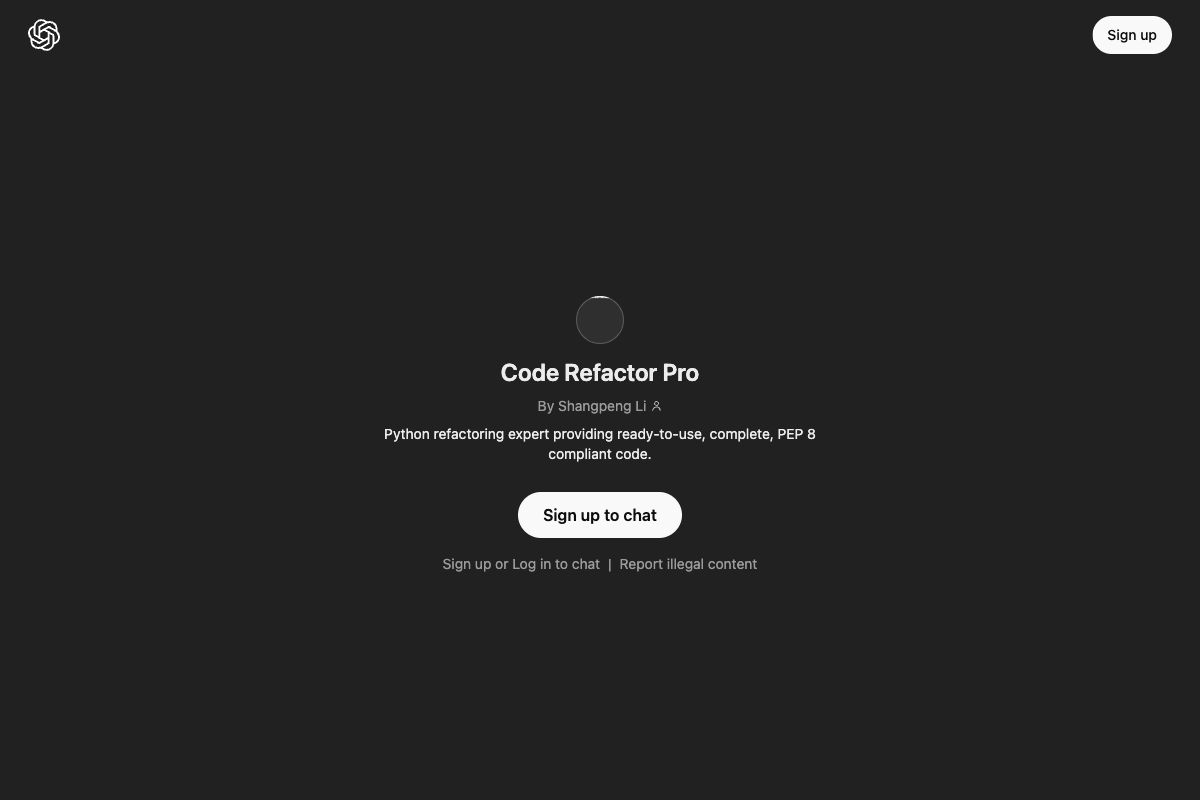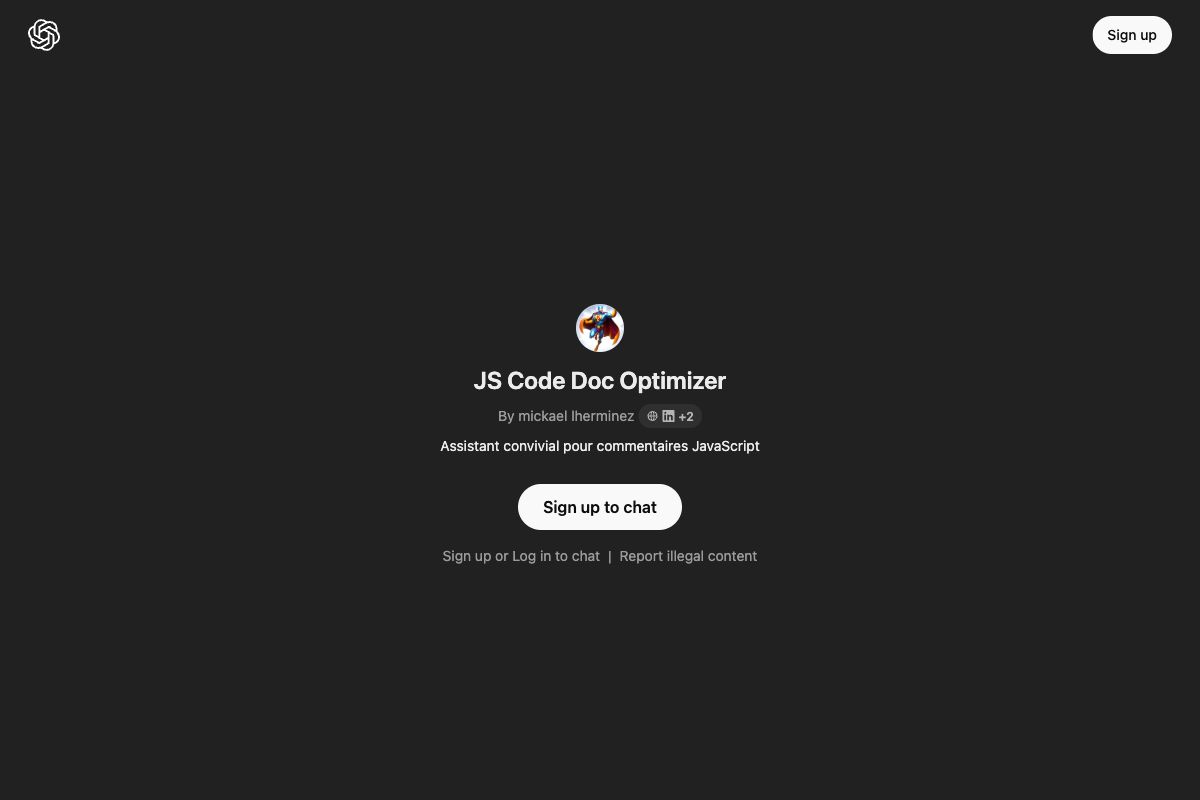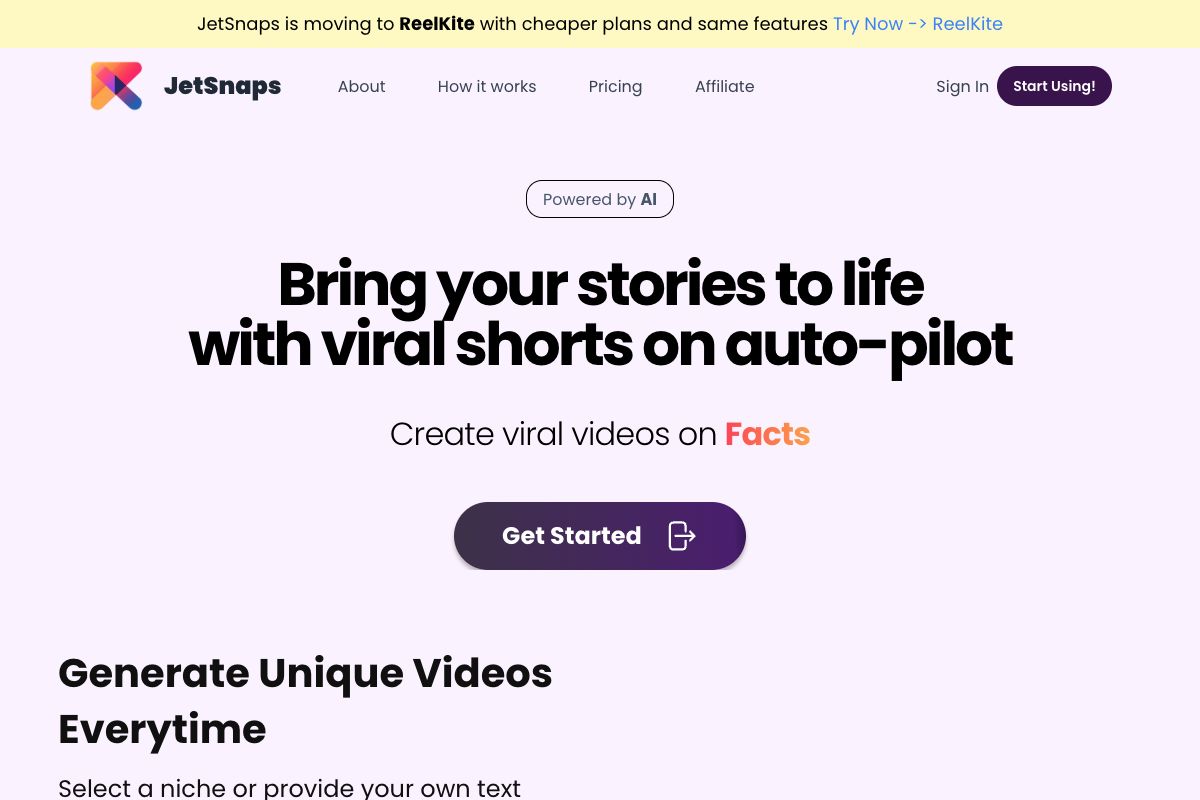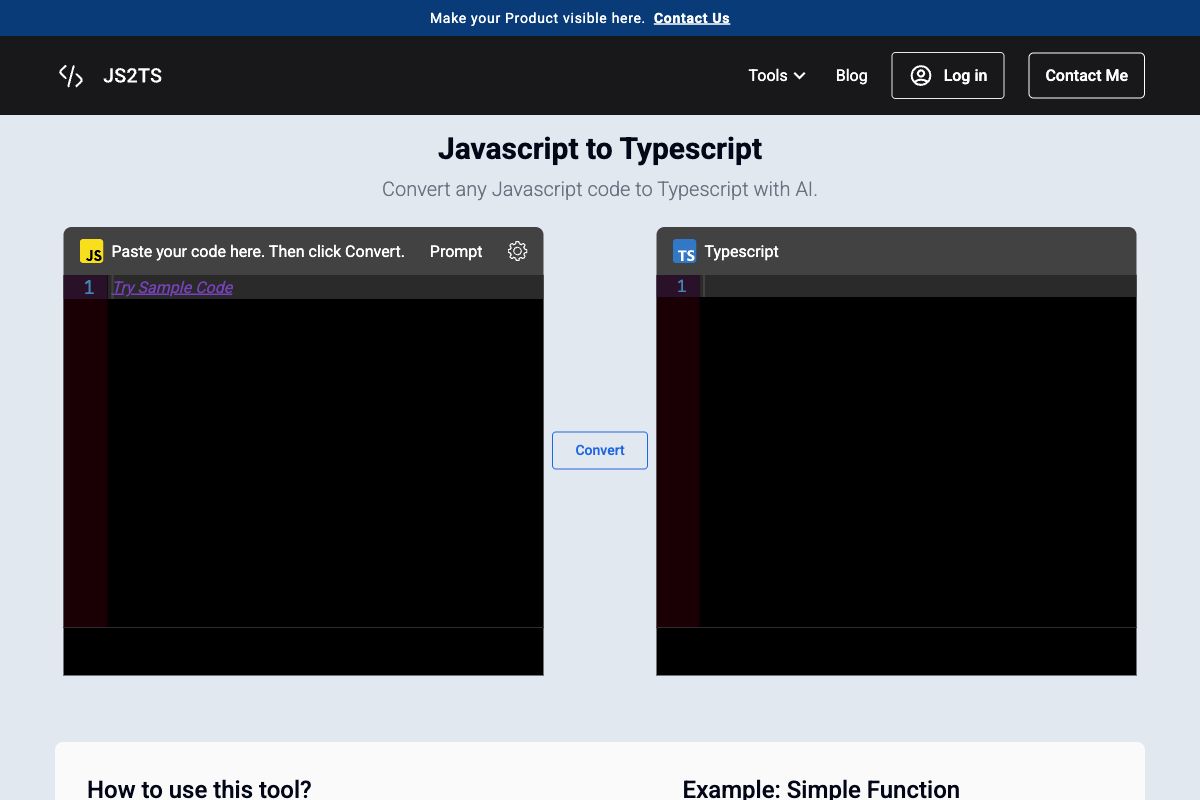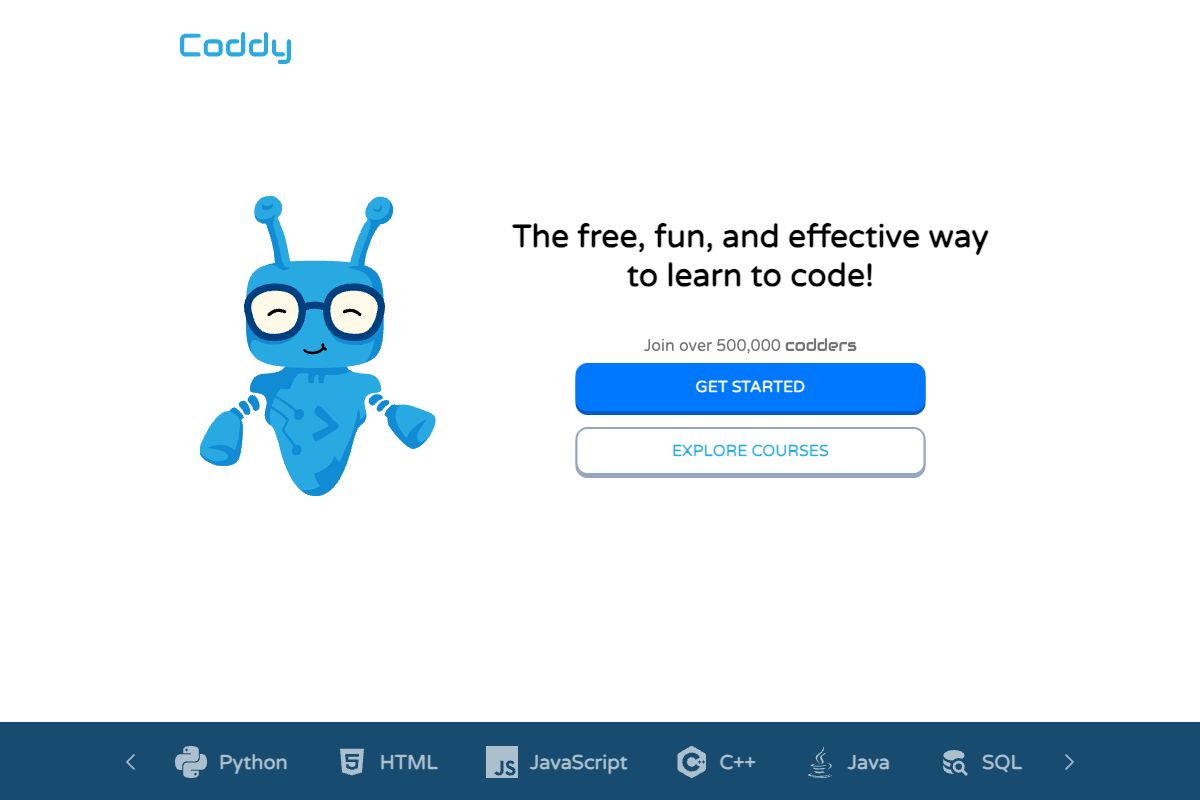ChatGPT Plugins by OpenAI
OpenAI's ChatGPT Plugins enable language models to access up-to-date information, run computations, or use third-party services. These plugins are designed to safely extend the utility of ChatGPT by acting as tools that connect the language model to recent, personal, or specific data not covered in its training.
Currently in a gradual rollout phase, these plugins invite developers to explore and design numerous use cases ranging from data retrieval to interaction with external applications like Expedia, FiscalNote, Instacart, and more.
Safety and risk mitigation are central to the plugin's design. They incorporate measures to prevent harmful or unintended actions, thus embodying OpenAI's commitment to developing AI technologies responsibly.
Key Features
Pros
- Enhances language model capabilities with real-time data.
- Enables interaction with third-party services like Expedia and Instacart.
- Supports a wide range of applications and use cases.
- Promotes safe and controlled AI interactions.
- Facilitates developer involvement with open standards and documentation.
Cons
- Gradual rollout limits immediate availability to all users.
- Potential risks in accidental misinformation or security breaches.
- Dependent on third-party API availability and stability.
- Complexity in designing and managing custom plugins.
- Requires careful oversight to prevent abuse or unintended actions.
Frequently Asked Questions
What are ChatGPT Plugins?
ChatGPT Plugins are tools that connect the language models to external services, enabling real-time information access and computation capabilities.
Who can access ChatGPT Plugins?
Initially, access is being rolled out to a small group of developers and ChatGPT Plus users, with plans for broader availability.
What safety measures are in place for ChatGPT Plugins?
Safety measures include limiting plugin actions, conducting red-teaming exercises, and implementing safe-mode operations.
What are some examples of ChatGPT Plugin uses?
Examples include retrieving updated information, interacting with apps like Expedia for travel booking, and performing code calculations.
How can developers create their own ChatGPT Plugins?
Developers can create plugins by building APIs conforming to OpenAI standards and registering them with the ChatGPT platform.
Why are plugins important for ChatGPT?
Plugins enhance the functionality of ChatGPT by providing access to dynamic, real-world data and enabling interaction with various services.
What are the potential disadvantages of using ChatGPT Plugins?
Potential disadvantages include reliance on third-party APIs, security risks, and the complexity of plugin management.
How does OpenAI ensure the security of plugin data?
OpenAI ensures security by sandboxing execution environments and restricting network access during plugin operation.
What role do plugins play in AI development?
Plugins play a key role by expanding AI capabilities and fostering safer, more versatile applications for language models.
Is there a plan to improve the availability of plugins?
Yes, OpenAI plans a gradual expansion to include more users and developers in the plugin ecosystem.


